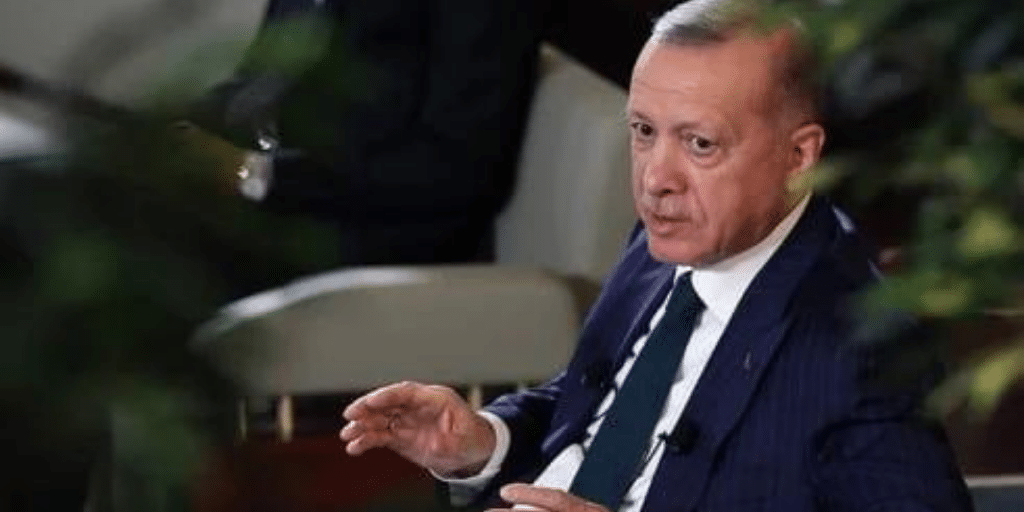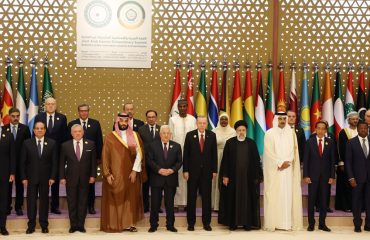

Turkey’s President Recep Tayyip Erdoğan announced ambitious “fiscal policy” moves on December 20 to curb the currency crisis wherein less than a month, the Turkish Lira had lost almost 20 percent of its value against foreign currencies. Could this new turn be a sign of ruling Justice and Development Party (AKP) and its alliance Nationalist Movement Party (MHP) will make a move to go for early elections that opposition has been pushing for?
Let’s say it right away; there are rumours in Ankara that Erdogan will take other radical steps this week, the steps that are related to the business circles. Depending on those steps, we can ask another question. However, before that, we can search for an answer by analysing the current circumstances from a political-economic perspective.
The most critical part of Erdoğan’s new fiscal move was that the Turkish Treasury ensured to pay the loss of individuals who would invest their savings into Turkish Liras, given the depreciation of the TL. It aimed to dissuade people from rushing into foreign currencies. He promised that for those who can deposit money in a foreign currency-linked lira account in the bank, if the TL lose value against foreign currency, the amount of loss will be charged to the Treasury.
Some economists argued that the policy rate was indirectly increased with this move without Central Bank’s official set. In this way, Erdoğan, who vehemently opposes the interest rate hikes arguing that it is against Islamic teachings, covertly increased it by fixating it to the foreign currency rates. This is the first move.
The second move is that Erdoğan, in his statement on December 20, reacted harshly to the Turkish Industry and Business Association (TÜSİAD) which previously criticised interest rate cuts and urged the AKP government to “return to the established rules of economics.” He accused them of inciting distrust to the economy, but the first thing he did a week after the announcement was to revise the program. He returned without saying he was.
Another important move is that in his statement he emphasised twice that “Turkey will not take a step back from the free-market economy.” It was a message to the concerns voiced by international capital, which he was accused recently of attacking the economy, that Turkey might take more radical steps such as “capital control.”
These three moves seem to restrain the disastrous hike of foreign currencies and gold even though the rates are still very high. At least it is the first impression. But a mistake attempted to be fixed by another mistake. I will evaluate that soon.
The moves to flood the market with money
Some experts likened the fact that the interest is fixated to foreign currency, specifically to the US dollar, to the “Convertible TL Deposit” policy of the 1970s. The policy put a severe burden on the Treasury at that time. It was considered one of the reasons for the economic collapse that led to the austerity policies of January 24, 1980, which was only possible with the military coup of September 12, 1980.
Not only the TL deposit move, the steps such as the recent 50 percent increase in the minimum wage also require large amounts of money to be printed and the Mint to work overtime. This is in line with the Central Bank’s policy of giving priority to closing the current account deficit, not to the fight against inflation. Therefore, it is clear that there is a political interest in flooding the market with money, even if its purchasing power will decrease due to inflation.
This is the root of the original problem. Praised by some as Erdogan’s manoeuvre to outwit big speculators, would these three moves provide ruling alliance to take advantage of relative relief in the money-flooded market and pave the way for the alliance to go for a snap election?
Early election and other scenarios
Economy writer Uğur Gürses says that what lies behind these risky steps of Erdogan can be a calculation “if we win the election, it (the consequences) will be worth the price to pay; if we lose, let the burden be on the shoulders of the winner.”
From this point of view, early elections, even snap elections, seem to be an attractive option for Erdoğan in the short term.
However, Erdogan’s “People’s Alliance” partner MHP’s leader Devlet Bahceli does not want to go to the elections with the current election law. The nationalist party wants the election threshold to be lowered to 7 percent to 10 percent. Without the support of the MHP, it seems impossible for Erdogan and the AKP to stay in power, at least for the time being.
In addition, Erdogan might sense that once he falls from power, this is the end of the road, not only for the political future of the AKP and himself but also for his “cause”. In other words, calculating about coming back to power after falling into opposition is not in line with Erdogan’s political stance at the point he has reached.
Instead, with the relative relief that the money-flooded market operation will bring, he may force the election law to pass in the parliament and push for a referendum for a constitutional amendment that would consolidate his power.
In other words, ballot box scenarios are not limited to elections.
Erdogan is ready to take new risks
Are these scenarios risky? Yes, they are risky. Would Erdogan take this risk? Yes, he would. He calculates that he will remain in power until the June 2023 elections, whether he gets what he wants from such a referendum or not. In the meantime, he may also consider going to the polls after he has overcome the problem of trust in “foreign powers” and found financial resources for projects such as Kanal Istanbul.
Therefore, it is necessary to repeat the warning at the beginning of the article and look at the new next moves that can be announced this week.
For now, these scenarios are based on the ruling party’s assumption that the three moves we mentioned will create relative comfort in the market and that the meltdown in foreign exchange resources will be stopped until the tourism season opens.
This is what they calculate for now. Let’s see if it will add up.


